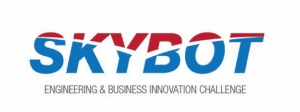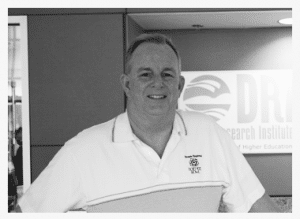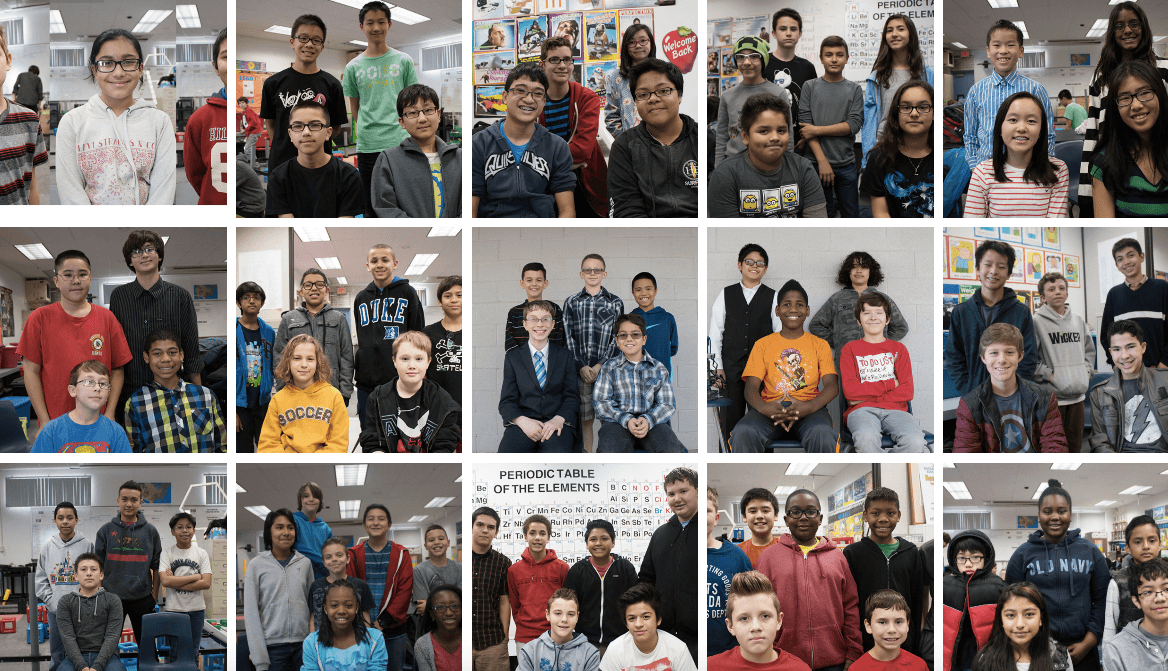Nevada is developing a high-tech economy, and Unmanned Aircraft Systems are a major part of the transition. Leaders believe a key factor of that transition is increasing (and keeping) STEM educated students in Nevada.
 The main goal of the Skybot Engineering and Business Innovation Challenge (SEBIC) is to inspire students to find a passion in some aspect of technical education. More than just a focus on STEM, it includes business attributes, community service, espirit de corps, sportsmanship in the form of magnanimous competitiveness, and execution of the actual competition.
The main goal of the Skybot Engineering and Business Innovation Challenge (SEBIC) is to inspire students to find a passion in some aspect of technical education. More than just a focus on STEM, it includes business attributes, community service, espirit de corps, sportsmanship in the form of magnanimous competitiveness, and execution of the actual competition.
Robotics have been part of competitions for many years. With the advent of airborne drones, or Skybots, it is imperative that the third dimension gets added. Nevada is the first in the nation with this competition.
 “The emergence of Skybots (otherwise known as UAS or drones) has presented a unique opportunity to entice students to STEM subjects by wakening up their desire for competition and fun,” said Steven Curtis, Executive Director of the SEBIC. “True to our motto of “Discovery, Passion, Innovation”, we will manage and operate Skybot competitions for all levels of education.”
“The emergence of Skybots (otherwise known as UAS or drones) has presented a unique opportunity to entice students to STEM subjects by wakening up their desire for competition and fun,” said Steven Curtis, Executive Director of the SEBIC. “True to our motto of “Discovery, Passion, Innovation”, we will manage and operate Skybot competitions for all levels of education.”
“The core values of the competition will focus on preparation and design rigor for student teams. By matching the competition parameters to the design objectives, students will be mentored and guided through the processes that forge technology masters and business leaders. The competition awards will stress engineering innovation, programming, data management and cyber security, business planning, collaboration within and between teams, and professional competition. We intend to bring this to as many levels of education and as many students as possible.”
The first competition will be conducted with teams from Hyde Park Middle School on May 23, 2015. Curtis and the SEBIC team are finding Skybots are a great attraction for middle school students, so convincing them to learn is somewhat easier.
“I think it is very important that students work with members of the professional community to gain an appreciation for the real world,” he said. “Also, by actually laying their hands on a creation, the classroom learning becomes real. They get an opportunity to see many ways things will not work before they get to a successful accomplishment. This is also a bit of real live. In this respect, much of the learning is done by the student in the course of preparing for competition and engineering a design. We just wanted to take the autonomous (robots) competition to the skies. We are one of the first to do so in the United States, and the first to do it to this degree. Placing Nevada on the map in this manner helps establish our state as the “center of the world” for Skybots.”
The student teams are given 8 categories in which to show their capabilities.
“Not only do students learn how to design, fly, troubleshoot, and engineer Skybots, they learn professionalism through the 8 award categories: Business Plan, Skybot Operations/Strategy, Innovation in Programming, Engineering Notebooks, Magnanimous Competitiveness (professionalism), Community Service, Helping other Teams, and Best Spirited Team,” explained Curtis.

The Skybot Engineering and Business Innovation Challenge team has seen many volunteers in the community taking time to help the students accomplish their goals.
“We had overwhelming support when we asked our committee members to help train the students and get them to be accomplished pilots,” Curtis said. “It took two weeks of our committee members showing up during the class day and after school to ensure each pilot and co-pilot worked their way through the practice sessions until they received their “pilot certificate.” The total commitment was about 100 man-hours. That is the dedication we have among our group.”
Members of the #VegasTech community can get involved with the Skybot Engineering and Business Innovation Challenge by volunteering their time on Friday, May 22, 2015 3:00-7:00pm and Saturday, May 23, 2015 from 8:00am-6:00pm.
“Just RSVP to Steve Curtis at stevencurtis@centurylink.net and we will take it from there,” Curtis said.
In addition, the team is looking for mentors for the student teams, sponsors to cover the cost for the challenge, and committee members to operate the Skybot Challenge.
“This would be someone willing to help them in their endeavors. They will be required to program a Skybot to perform autonomous functions as part of the competition. We can arrange mentors to have time with their team during class hours and even after school if necessary. Adopting a team to mentor, along with getting your company’s name on the Skybot, is only $500,” he said. “Also, we need to buy 5 programmable Skybots which will cost a total of $2,000 with spare parts and maintenance items. We are also interested in recruiting people for our committee if anyone is interested in helping plan and operate the Skybot Challenge.”

RSVP to join the event here: https://www.eventbrite.com/e/skybot-competition-tickets-15991457881
I have a question, what type of engineering is practiced for the Skybots competition?
RSVP to join the event here: https://www.eventbrite.com/e/skybot-competition-tickets-15991457881
I have a question, what type of engineering is practiced for the Skybots competition?